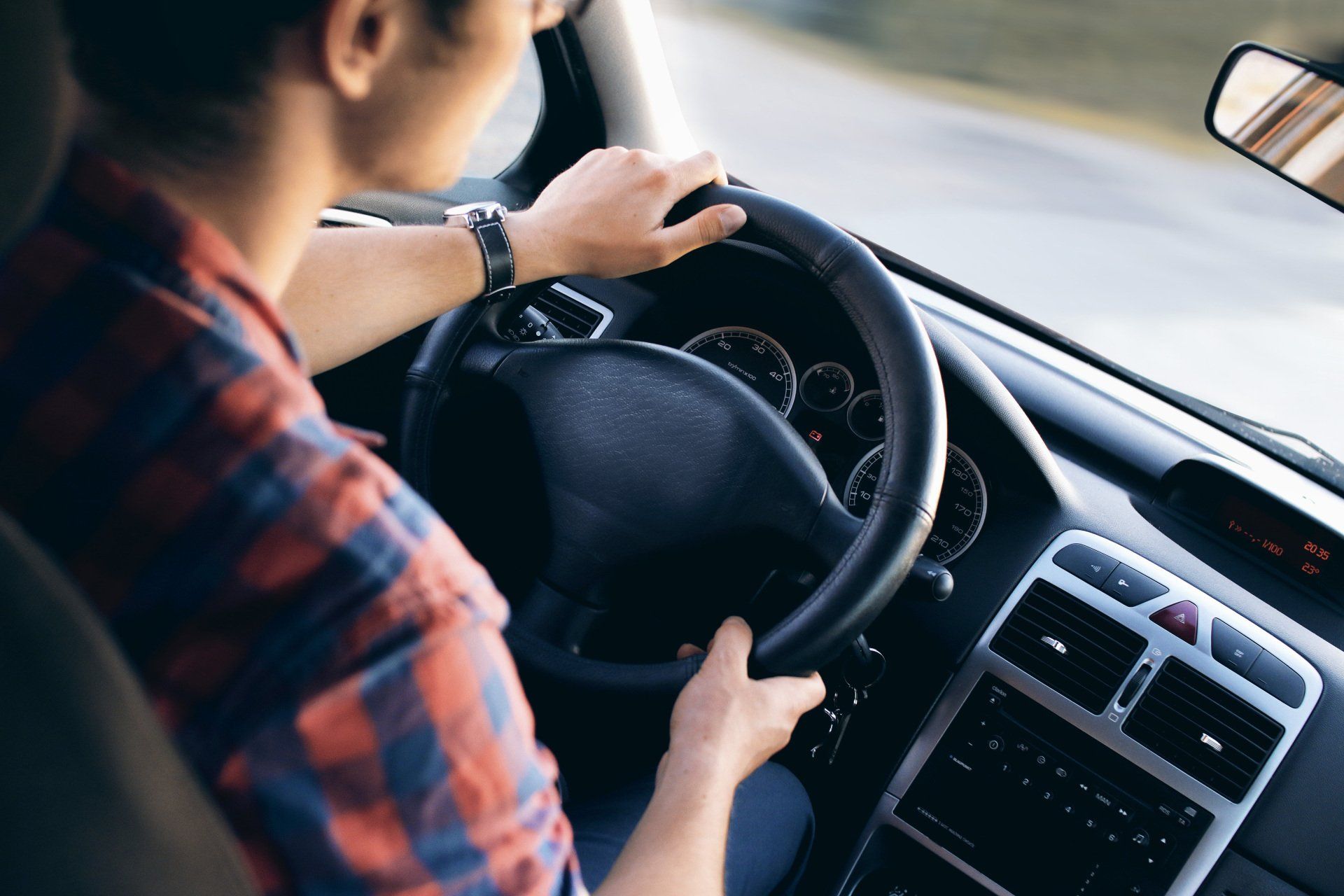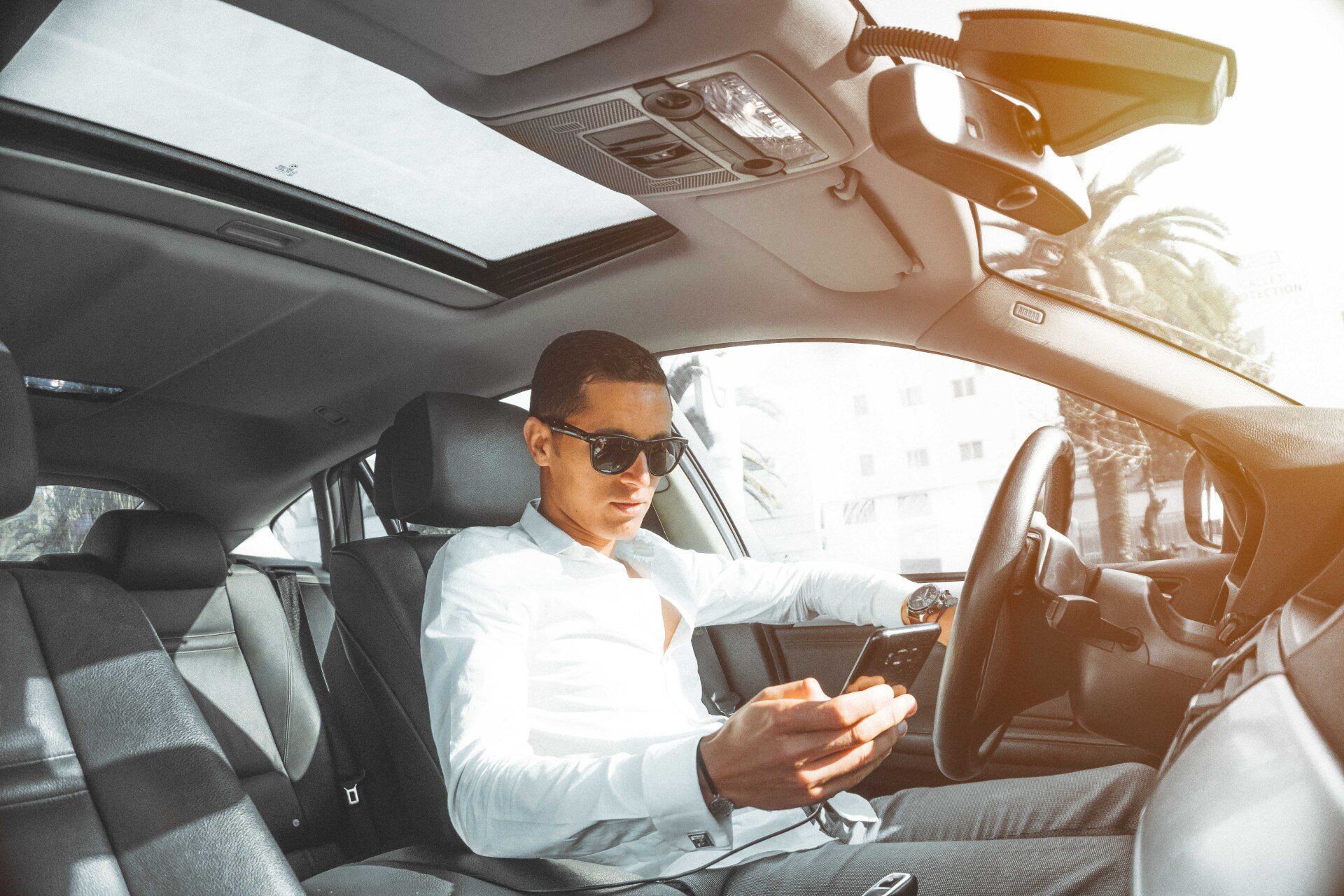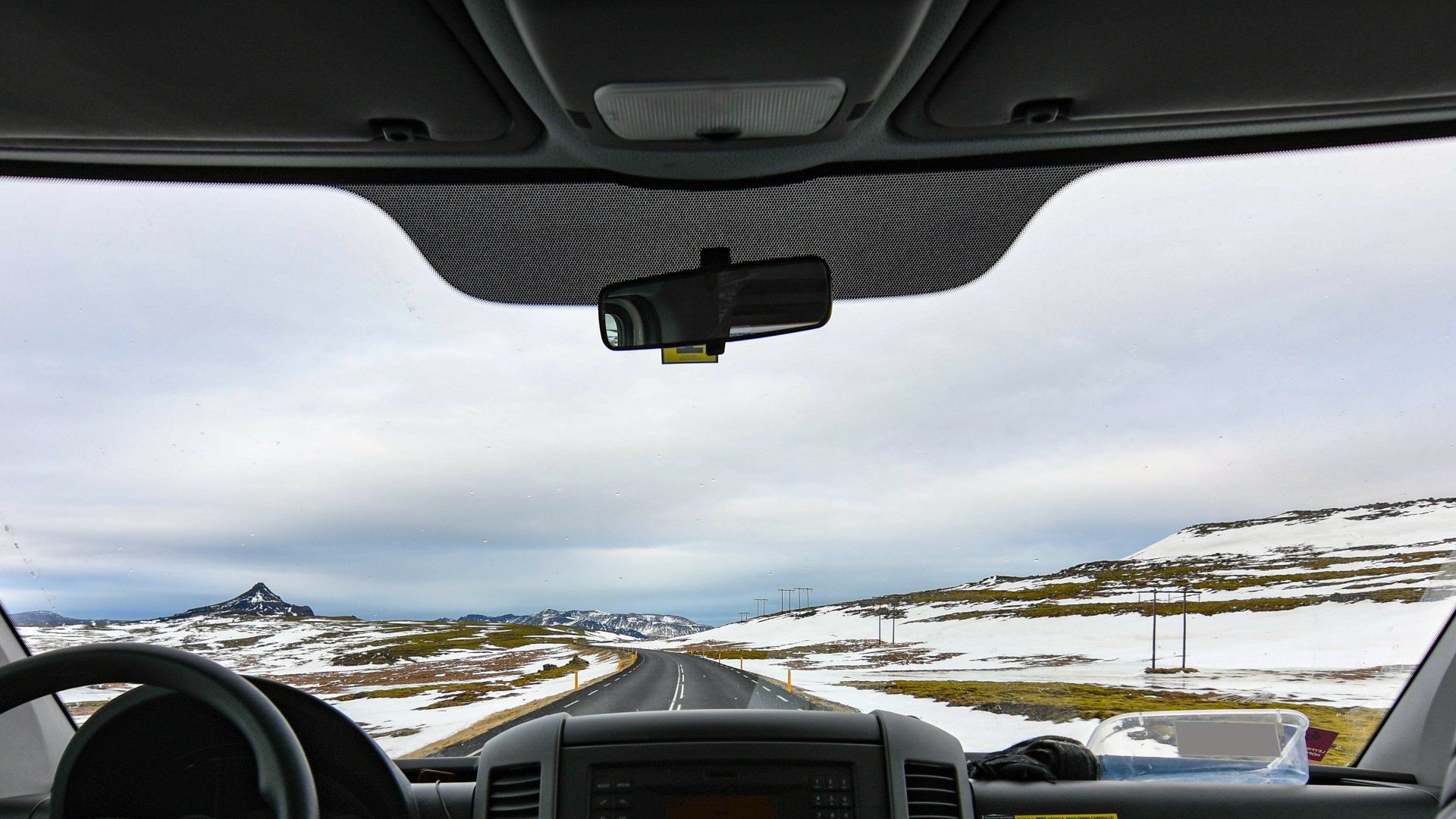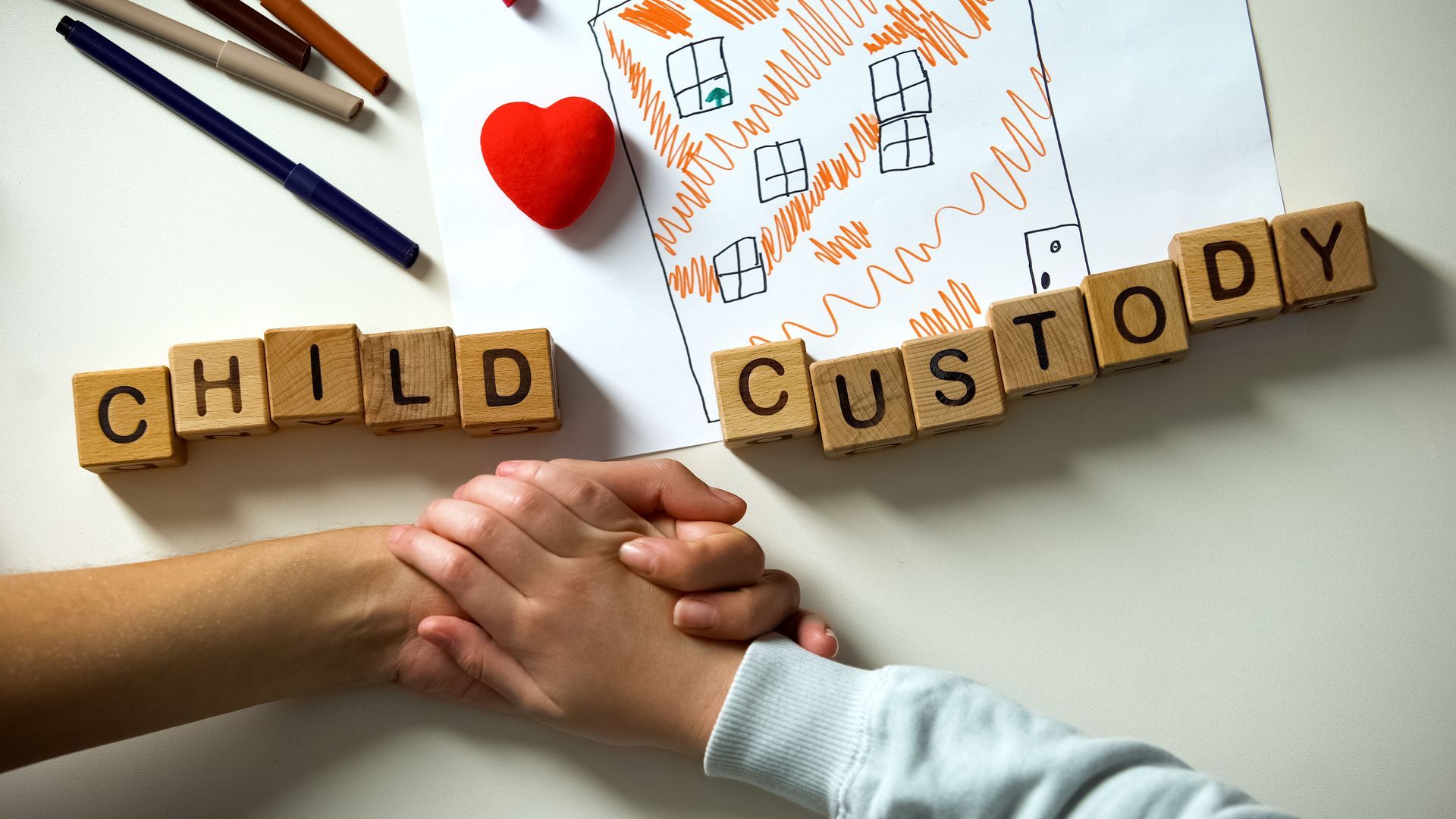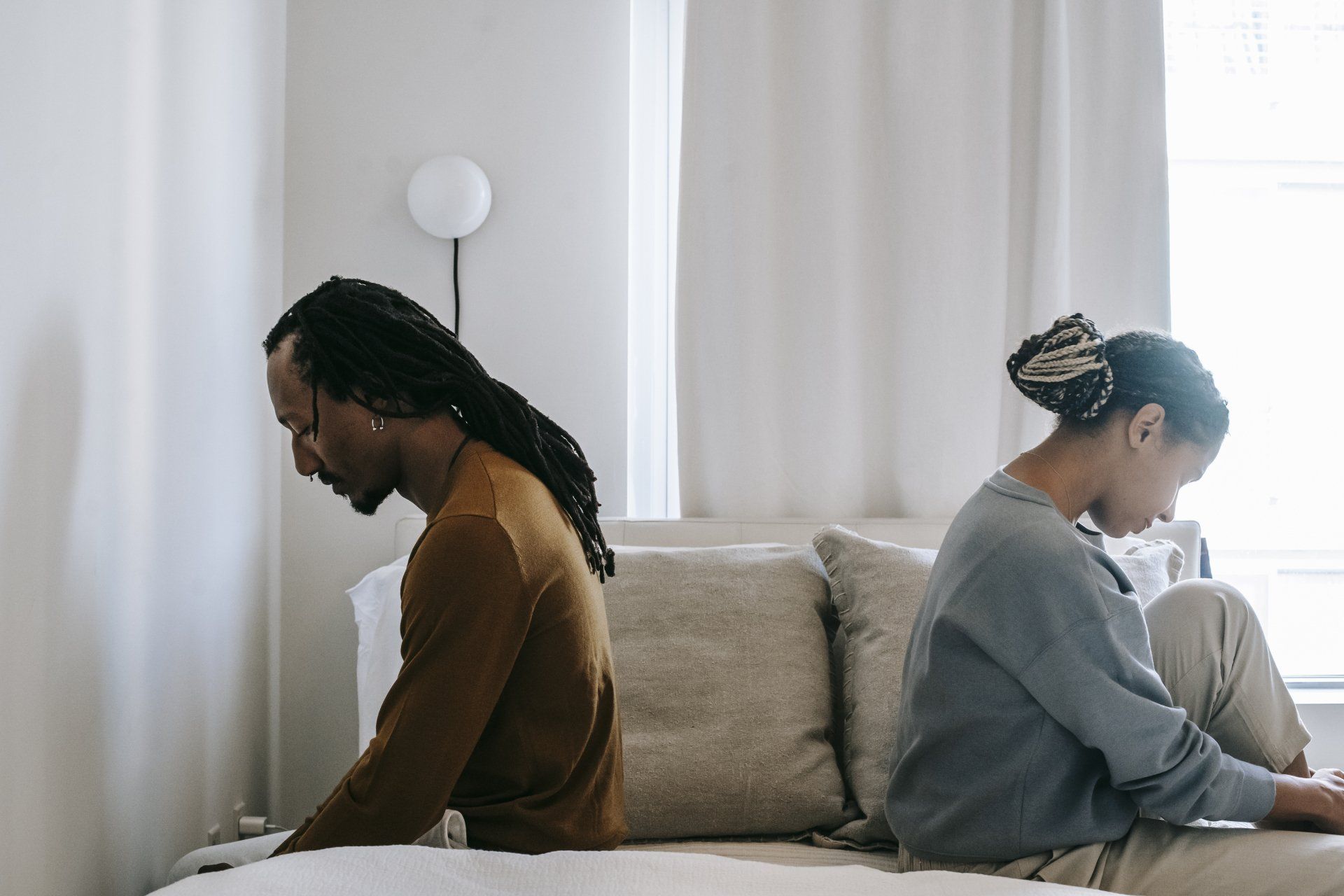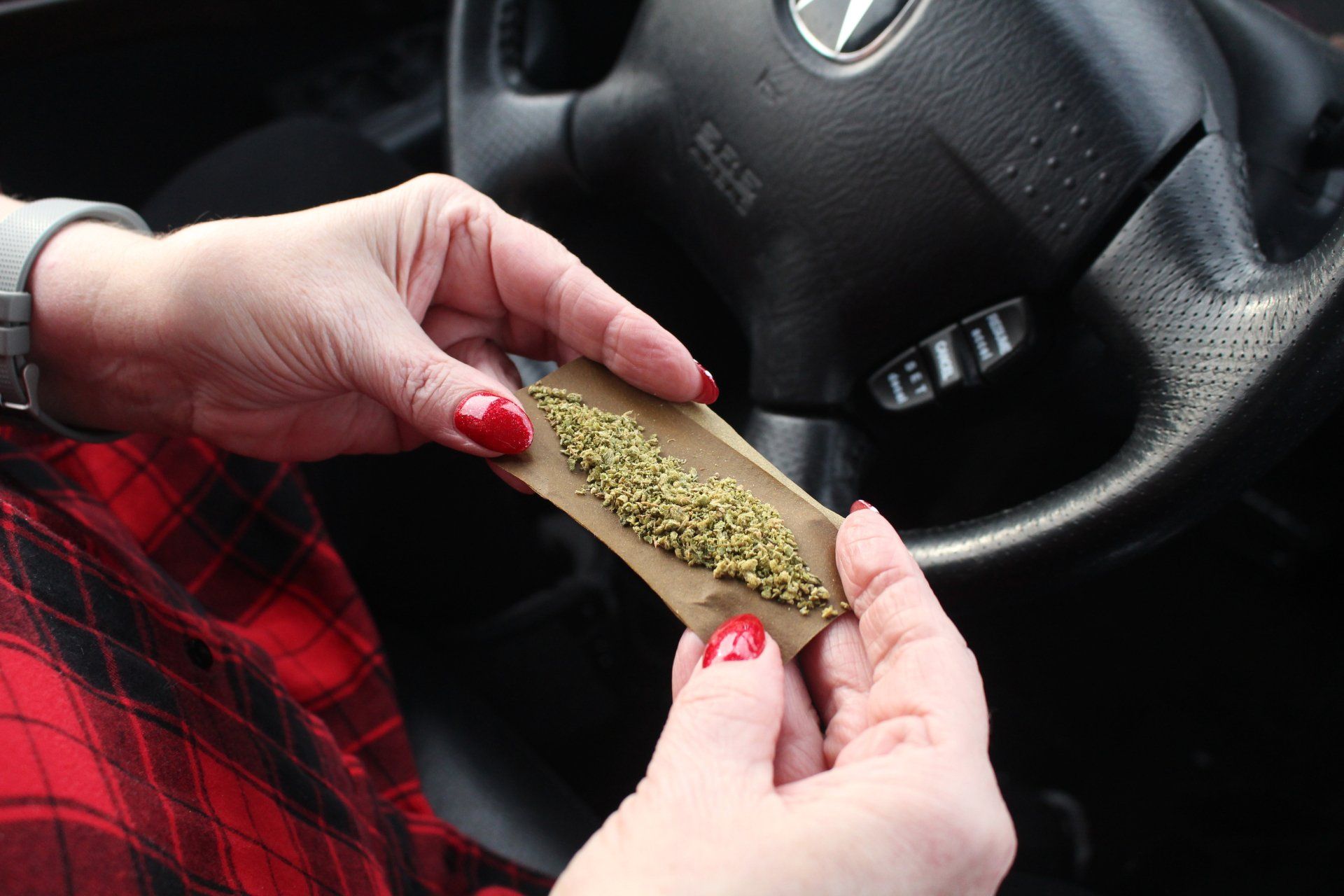I had a car accident — now what?
You hope it never happens, but unfortunately, the odds are that you will be in a car accident at some point in your lifetime. It occurs so frequently that there is no need to feel as though you’re a bad person for having one. Most of us don’t do anything to deliberately cause a crash.
How you handle the accident after it occurs can make a great deal of difference. Whether or not the crash was your fault, there can be a lot of legal issues to manage. Treating them carefully can mean a world of difference in both your financial or physical recovery. The following tips are an excellent guideline for what to do when a car accident happens to you.
Before a car accident happens
It may not occur to some people to take action before a crash even happens, but taking a few precautions can help facilitate the best possible outcome.
- Create a handy checklist that contains prompts for you to write down important information, such as the make and model of any other cars involved in the crash, insurance information, and where and when the crash occurred.
- Make sure you have a copy of your driver’s license, insurance information and registration in your car or on your person.
- Put a safety or first-aid kit in your car.
At the scene of the accident
Of course, the most important thing at a car crash is whether anyone is hurt, but if you are able, be sure to take the following actions.
- Stay calm, remain at the site of the crash and be cooperative with anyone else on the scene.
- Determine if anyone has been injured or needs medical attention and call for help if needed.
- Contact the police if anyone is injured, has died or if there is any major damage to vehicles or property. If no one is injured, you may still wish to reach out to law enforcement to get an official record of the accident.
- If the accident is not serious, move the involved cars out of the way of traffic to the side of the road.
- Use your hazard lights to let other motorists know to use caution as they approach the scene.
- Get out that smartphone and take pictures of any damage. Don’t forget to photograph the area around you.
- Exchange information with the drivers of any and all vehicles directly involved in the crash, but don’t give out your personal information to anyone else, including passengers in other cars. Be sure to get names, addresses, phone numbers and insurance information.
- If anyone witnessed the accident, speak with them and obtain their contact information.
- If the police ask you to sign something, do so, but do not sign anything else from any other party.
- Do not discuss the actual incident or say that you were at fault.
- Don’t let anyone take photos of your license or registration.
- Stay at the scene of the crash until law enforcement and the other drivers have left.
After leaving the accident
Your work is not done once you’re off the scene of the crash, but don’t despair! Take one action at a time, and you’ll complete the list before you know it.
- Reach out to your car insurance provider to let them know what happened.
- If the police or anyone else filed an accident report, obtain a copy of it.
- If you were injured, be sure to write down what injuries you have and if they change. If you experience any changes in your mental condition, note those as well.
- Keep record of any medical treatment you receive.
- Have an estimate of the monetary amount of damage done to your vehicle or property.
- Reach out to an experienced personal injury attorney to guard your rights before speaking to the other parties involved, including insurance companies that are not your own.
A car accident can be a very traumatic event, but if you follow these steps, it can help you stay calm and feel more in control of the situation. Since car crashes seem to be an inevitability in our world, the best any Missouri driver can do is plan how to proceed once one happens.
